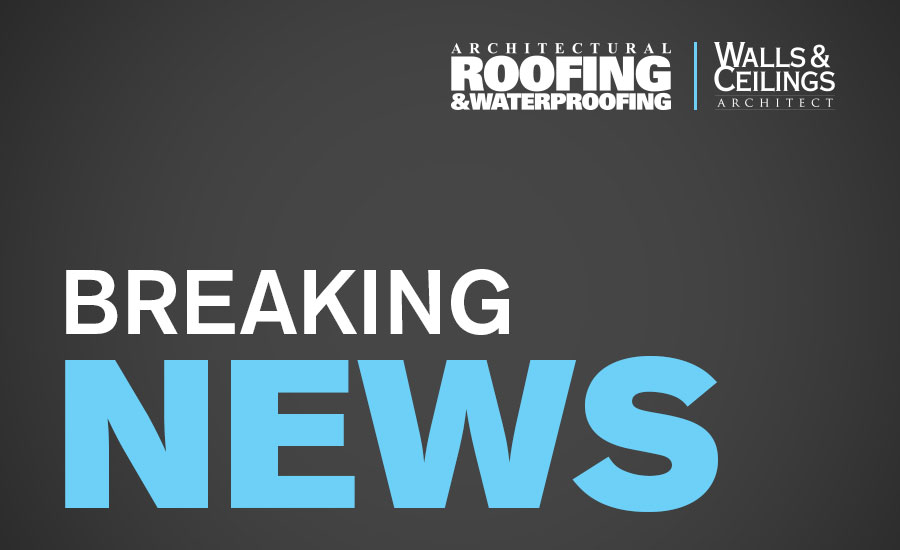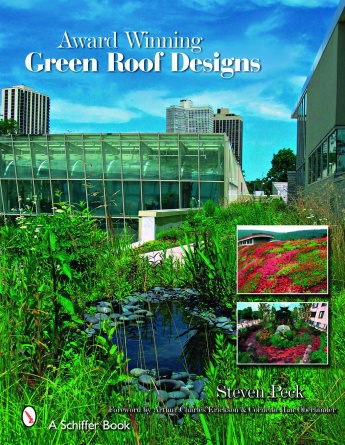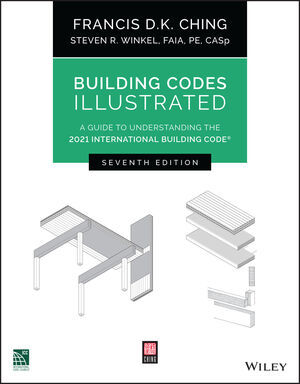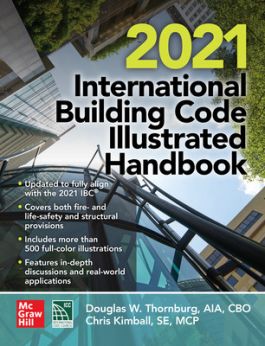ICC Announces Availability of New Green Code

WASHINGTON — On March 27, the International Code Council (ICC) announced the availability of the 2012 International Green Construction Code (IgCC), a new model code for constructing and remodeling buildings. According to the ICC, goals of the code include making buildings more efficient, reducing waste, and having a positive impact on health, safety and community welfare. The IgCC will increase the energy-efficiency of structures, while providing direction and oversight of green design and construction, according to the ICC.
“Today, the Code Council and its sponsors announce a new green construction code that will make a contribution toward healthier, lower impact, and more sustainable building practices,” said Richard P. Weiland, CEO of the ICC, which developed the new code. “The International Green Construction Code published today was developed during the last three years with input from code and construction industry professionals, environmental organizations, policy makers and the public. Our community was diligent in developing a code that is not only adoptable, usable and enforceable, but also flexible and adaptable. We expect this new model code, like the family of other ICC Codes, to be adopted across the country and used globally.”
For more than 100 years, building codes in the United States have evolved to incorporate critical safeguards for building occupants based on the most current building science. More recently, communities have been calling for a regulatory tool that offers minimum safeguards against building-related risks for safe and sustainable construction, and complements voluntary rating systems. Several state and local jurisdictions already have taken this direction by putting into place early versions of the IgCC that were released during the development of the code.
2012 IgCC was developed at public hearings with input from experts in code development and enforcement, architecture, engineering, building science, environmental advocacy, government, business, academia and the public. IgCC was developed with the American Institute of Architects (AIA) and ASTM International as the initial cooperating sponsors, and with the support of ASHRAE, the U.S. Green Building Council (USGBC) and the Illuminating Engineering Society (IES).
“Coordinated with the ICC family of codes, the IgCC is designed for use in communities that are pursuing sustainable construction above and beyond the traditional level of requirements in our codes,” said William D. Dupler, ICC Board President. “This code has been developed in collaboration with our sponsors. We thank them for their valuable support and for recognizing the need to develop a comprehensive set of green regulations.”
According to the ICC, the IgCC is the first model code to include sustainability measures for an entire construction project and its site — from design, through construction, certificate of occupancy and beyond. It establishes minimum green requirements for buildings. The IgCC offers flexibility to jurisdictions that adopt the code by establishing several levels of compliance, starting with the core provisions of the code, and then offering “jurisdictional requirement” options that can be customized to fit the needs of a local community. A jurisdiction can also require higher performance through the use of “project electives” provisions.
The code acts as an overlay to the existing set of International Codes, including provisions of the International Energy Conservation Code and ICC-700, the National Green Building Standard, and incorporates ASHRAE Standard 189.1 as an alternate path to compliance. The IgCC provides model code language that establishes a baseline for new and existing buildings related to energy conservation, water efficiency, site impacts, building waste, material resource efficiency and other sustainability measures. The IgCC will be updated alongside the other model codes developed through the Code Council’s open, transparent, and consensus-based code development process.
The International Code Council is a member-focused association dedicated to helping the building safety community and construction industry provide safe and sustainable construction through the development of codes and standards used in the design, build and compliance process. Most U.S. communities and many global markets choose the International Codes.
For more information, visit www.iccsafe.org.
Looking for a reprint of this article?
From high-res PDFs to custom plaques, order your copy today!









